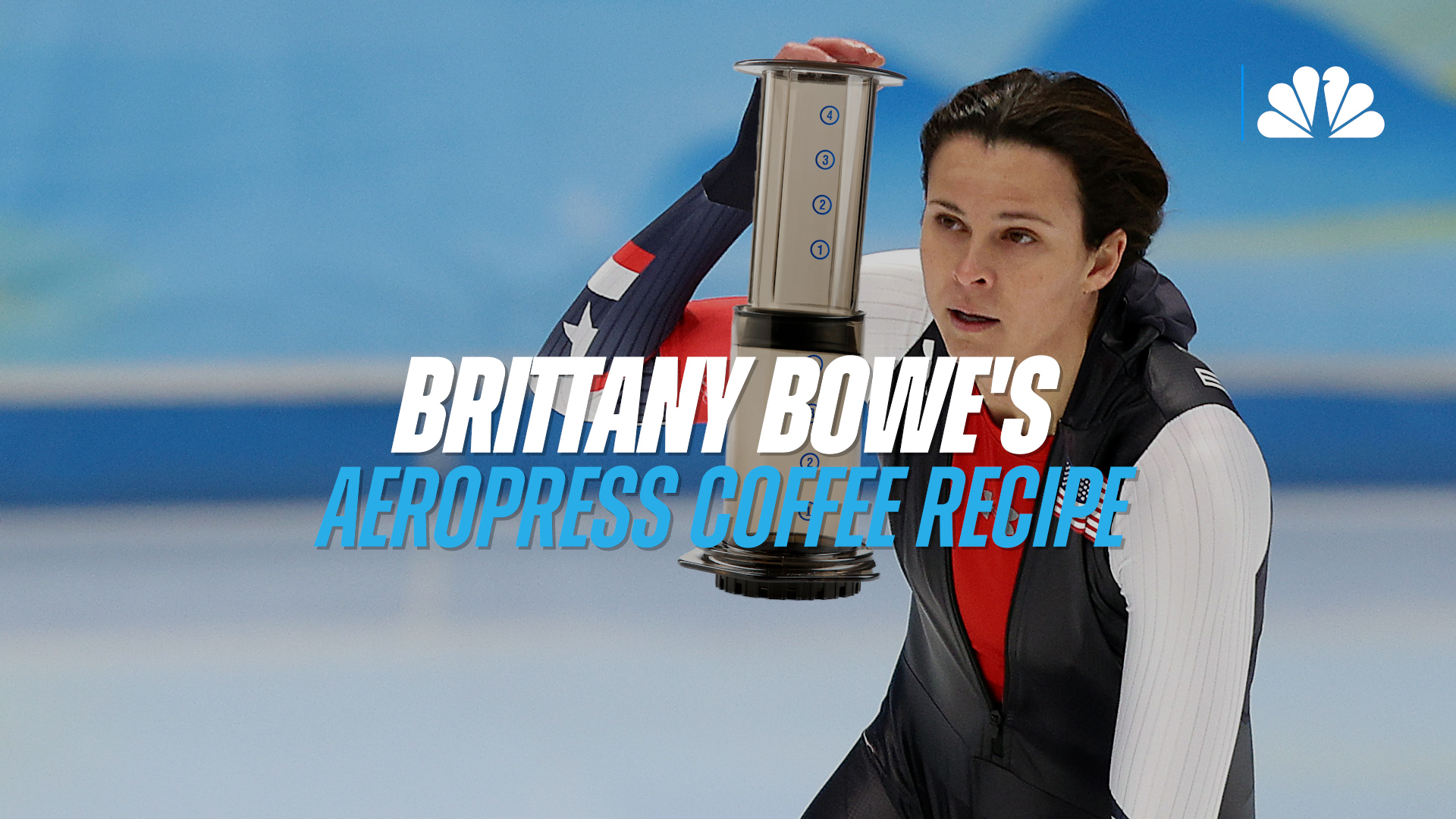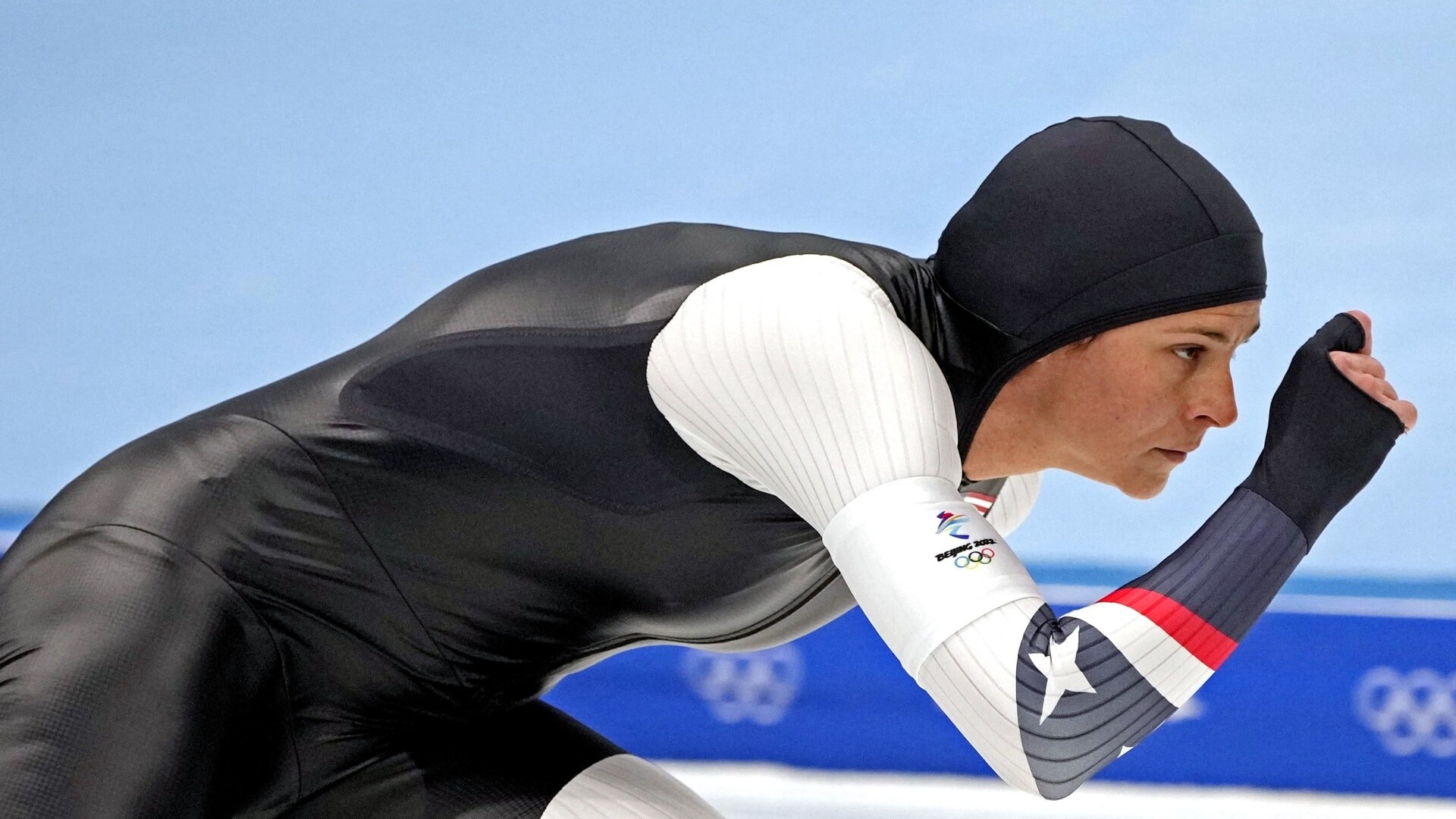Speed skating is an Olympic sport that requires tremendous amounts of explosivity, balance and endurance.
There are a total of 14 different events for both men and women that range in distance. Athletes race against the clock wearing suits that offer protection on the ice and clap skates with blades that vary in length — ranging from 14-18 inches.
At the Winter Olympics, Team USA has had three speed-skating medalists thus far — one gold, two bronze — placing them fifth in the standings as of Feb. 17.
Erin Jackson, 29, won gold in the women's 500m speed skating event on Feb. 13, becoming the first Black American woman to medal in speed skating.
The U.S. won a bronze medal in the men's team pursuit and Brittany Bowe also earned bronze in the women's 1000m.
There are three medal events left in the Games so here’s everything you need to know about how fast speed skaters at the Olympics actually go.
How fast do speed skaters at the Olympics go?
While short-track speed skaters usually reach speeds exceeding 30 mph, long-track speed skaters can typically hit over 35 mph.
Get a weekly recap of the latest San Francisco Bay Area housing news. >Sign up for NBC Bay Area’s Housing Deconstructed newsletter.
What makes speed in the sport so difficult is that athletes have to make sharp, quick turns while flying around the oval.
Who are the fastest speed skaters at the 2022 Winter Olympics?
At the 2022 Winter Olympics, there are multiple male and female gold medalists in the different events.
The following athletes won two gold medals and set Olympic records in the Beijing Games:
- Sweden's Nils van der Poel in the men's 5000m and men's 10000m
- Netherland's Irene Schouten in the women's 5000m and women's 3000m
What's the fastest a speed skater has gone?
In May 2018, Sweden's Kjeld Nuis set a new world speed skating record of nearly 58 mph.




